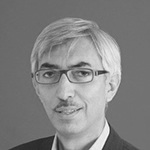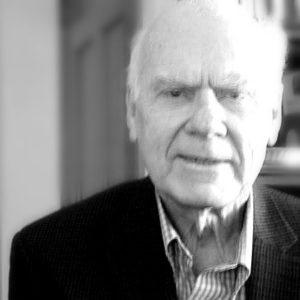Decisions in the Establishment and Operation of a National Testing Center
Higher education is widely recognized as an important key to economic advancement. In many developing countries, however, university entrance examinations have been tainted by bribery and fraud. Resulting distortions reduce the practical social benefits from educational investment, as well as general public confidence in the system.
A major role of the National Testing Center (NTC) in Tajikistan will be to establish and conduct a fair and transparent selection mechanism. In addition to preventing overt forms of corruption, a new NTC will have to deal with complex questions such as:
- How much control should government exert over the university
- admission process and how much should be left to the individual higherlevel institutions?
- What kinds of tests are most appropriate to select qualified students?
- How can tests promote critical thinking and reasoning as well as factual knowledge?
- How can the objectivity, reliability, validity, and equity of the tests be ensured?
This study is designed to provide the NTC with baseline information about
(a) the nature and scope of corruption in the education sector;
(b) the potential impact of national testing on secondary school education; and
(c) measures for achieving better equity in access to quality schooling.

Massoud Moussavi
Massoud Moussavi is the Founder and Managing Director of Causal Links. He has more than 20 years of experience at the World Bank where he developed frameworks and models to estimate the impact and effectiveness of various policy options in a range of topics from education planning to risk assessment in banking. He has also been a resident scholar at American University, and a visiting scientist at the UK-based research center of Schlumberger, an international oil and gas services company. His experience spans countries in Asia, Middle East, Latin America and Africa. Massoud has a PhD in Computer Science from George Washington University.

Noel McGinn
Noel McGinn is the President of Causal Links. He is Professor Emeritus of the Harvard University Graduate School of Education and Fellow Emeritus of the Harvard Institute for International Development. He has been a policy advisor to over two dozen national governments, non-governmental organizations, and international development agencies on broad strategies for improvement of public education systems.

